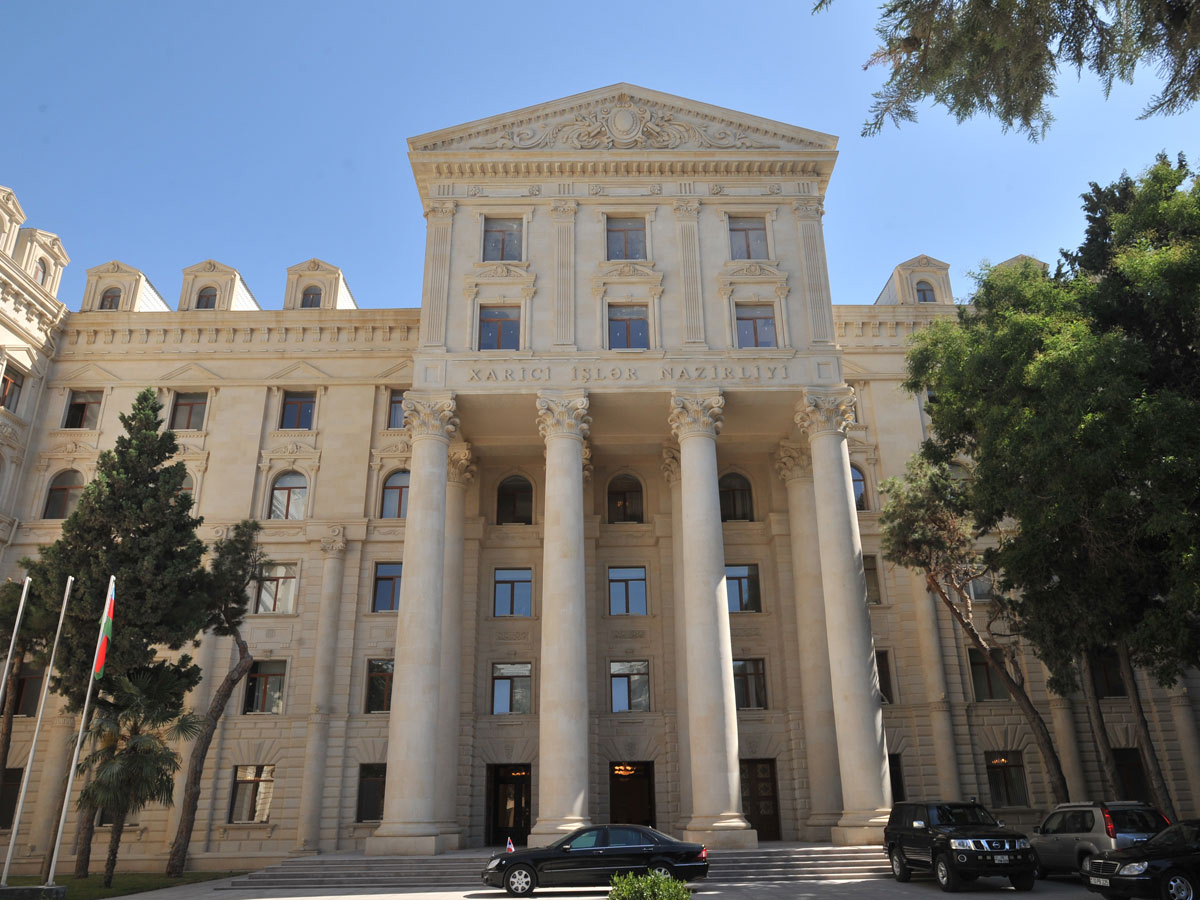Baku, Azerbaijan, Jan. 24
By Seba Aghayeva – Trend:
The policy carried out by dictatorship in Armenia is leading the country to a disaster, depriving the Armenians, particularly the youth, of their future, Hikmat Hajiyev, spokesman for Azerbaijan’s Foreign Ministry, told Trend Jan. 24.
Hajiyev recalled the Azerbaijani President Ilham Aliyev’s recent remarks about the Nagorno-Karabakh conflict.
The president, opening a military town on Jan. 23, said that the conflict’s settlement is very simple, Hajiyev recalled.
“Restoration of Azerbaijan’s territorial integrity must be the first step in this direction,” Hajiyev cited President Aliyev.
He also cited Ilham Aliyev who declared that Azerbaijan will never allow creating a second fictitious Armenian state in the Azerbaijani lands.
“Azerbaijan’s stance on the conflict is decisive and unambiguous; it is based on justice, norms and principles of the international law and UN Security Council resolutions,” according to Hajiyev.
As for the statement of Armenia’s deputy foreign minister, Hajiyev said the low level of political and diplomatic education of the neighboring country’s representatives is surprising and ironic.
“Armenian foreign ministry’s official, who is only partially familiar with the UN Charter and the principle of peoples’ self-determination, still does not understand that by committing bloody ethnic cleansing, occupation and aggression, and by putting forward the situation created as a result of these crimes as a right to self-determination, is contrary to the requirements, the essence and philosophy of the principle of peoples’ self-determination,” Hajiyev said.
“If the Armenian deputy foreign minister occupied himself with biology, which is his specialty, it would probably benefit Armenia more,” he added.
The conflict between the two South Caucasus countries began in 1988 when Armenia made territorial claims against Azerbaijan. As a result of the ensuing war, in 1992 Armenian armed forces occupied 20 percent of Azerbaijan, including the Nagorno-Karabakh region and seven surrounding districts.
The 1994 ceasefire agreement was followed by peace negotiations. Armenia has not yet implemented four UN Security Council resolutions on withdrawal of its armed forces from the Nagorno-Karabakh and the surrounding districts.






